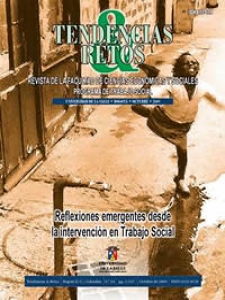Abstract
The topic of competences has become quite relevant within the field of education in the past few years. On the one hand, the notion of competence has oriented conceptualizations about curriculum design and on the other hand, it is from this perspective that education, its evaluation and reflection, is conducted nowadays within the socio-political context of globalization. This article deals with the notion of competences that are currently necessary in the new contexts. The article discusses a communicative, intercultural and critical competence. The point of departure was the review of literature that included the evolution of the term and its different uses and relationships with various disciplines. For the literature review, 130 books, and 74 articles in English, Spanish and French were reviewed and classified within the following categories: intercultural, critical, linguistics, communicative, ideology, and competence. The texts were published in Colombia, France, England, Spain, Switzerland, Argentina, Chile, Mexico, Belgium, and the United States. The findings show that especial interest in the study of the topic started about in the 60´s the decade of the past century with a strong influence of psychology. Later on, between 1966 and 2000, there was a renewed interest on the topic. During this time, the concept of competence is developed thanks to contributions coming from sociology, economics, politics and education. As a result of this, new related problems and questions concerning the concept, started to arise. Finally, it is necessary to remark that the new tendency, identified at the beginning of the XXI century is to study competences by incorporating the debate concerning the integration of concepts such as intercultural and critical awareness.Downloads
Download data is not yet available.



